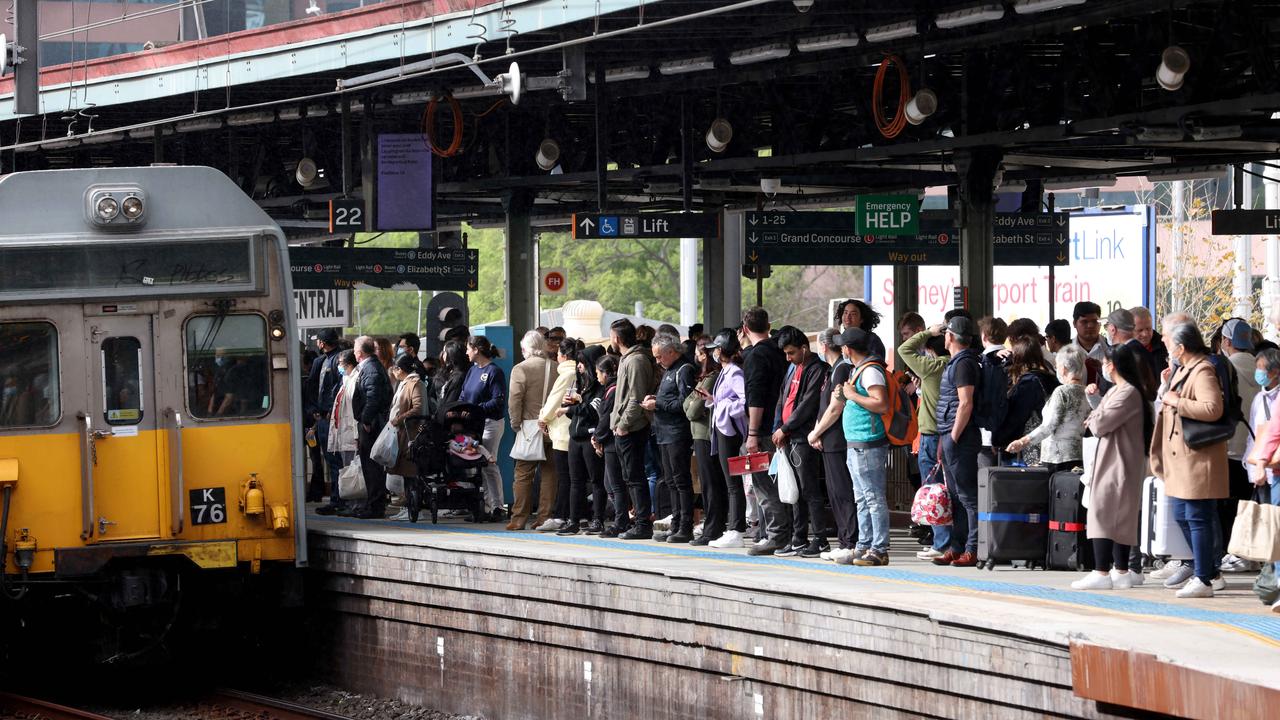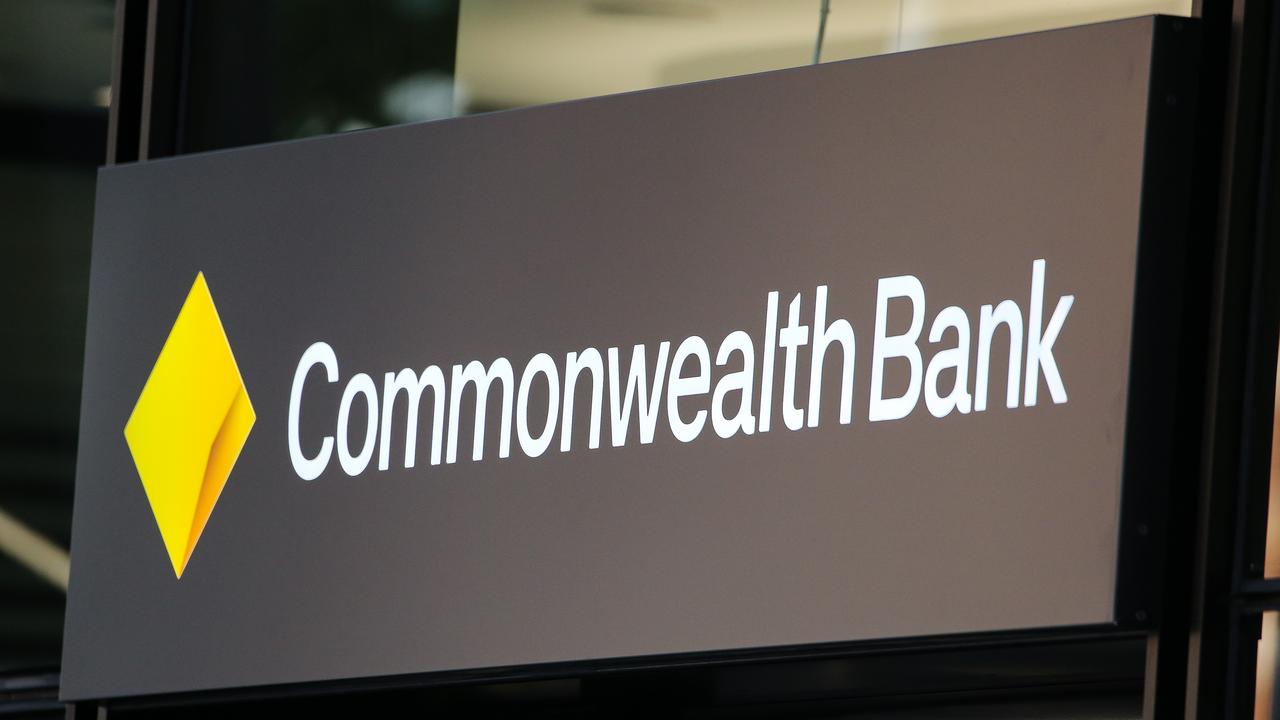Death of WFH?: Data shows bosses want an end to flexible work arrangements
Love working from home? Well, new research suggests it could soon be a thing of the past as Aussie business leaders push for employees to return to the office.
We’re constantly told to embrace the ‘new normal’ in this post-Covid world.
And workers across the globe have done just that - settling into flexible work arrangements in the wake of the pandemic.
New industry research however suggests business leaders want a return to the ‘old normal’.
A report from LinkedIn reveals many companies hope to get teams back into the office, despite the data also showing flexibility is now one of the things employees value most.
According to the research which canvassed over 100 Australian company leaders, 77 per cent say flexible working is under threat as they navigate “economic uncertainty”.
And almost three-quarters of Australian business leaders prefer staff to work from the office rather than from home.
Want to stream your news? Flash lets you stream 25+ news channels in 1 place. New to Flash? Try 1 month free. Offer available for a limited time only >

The desire at the top is in rather stark contrast to employees’ wants.
LinkedIn’s most recent Global Talent Trends report – carried out in August – shows flexible working and work/life balance were among the most valued work priorities.
Matt Tindale, Managing Director for LinkedIn Australia and New Zealand, told news.com.au the data paints a picture of a widening disconnect between what employees want and what companies are now prepared to offer.
“When you enter these times, sometimes there can be friction between employers and employees,” he said.
A love affair with flexibility and balance
LinkedIn’s research found candidates highly value new priorities that surfaced due to the pandemic.
The top priorities among Australian jobseekers surveyed found flexibility (57 per cent), job security (44 per cent) and work-life balance (41 per cent) were valued the most beyond compensation.

The data suggests candidates would do away with upskilling, diversity and even happiness in place of the aforementioned priorities.
Despite this, industry leaders feel “forced” to make changes.
On the chopping block in the ‘age of uncertainty’
According to Mr Tindale, flexible working, learning and development and employee wellness are areas now under the pressure of “economic uncertainty”.
“So when you look at what the business leaders are thinking – 77 per cent of them think that they’re going to be forced to make changes around flexible working, learning and development around [81 per cent] employee wellbeing about [83 per cent].
“I think it’s an age of uncertainty. It is a time where we have entered and are entering into economic headwinds, and there is economic uncertainty.”
He said slowing global economies and rising interest rates were among the significant concerns of industry leaders.

Do employees hold the keys to the kingdom?
In Australia, 83 per cent of business leaders agree it is difficult to find talent in the current climate, meaning for those with the skills – there is still hope of keeping the work-from-home dream alive.
“We are in a more buoyant labour market with skills gaps still very, very relevant,” Mr Tindale said.
“It’s hard to find certain skills and talents within the businesses across Australia – it is so important not to lose sight of that.
“For job seekers for instance, 77 per cent would not take a job, or would leave a job, if they weren’t offered flexibility.”
Overall, Australia has seen a decline in the hiring rate, with a 14 per cent decrease year over year in September 2022,
Analysis of remote job postings on LinkedIn also showed remote roles in decline.
As of September 2022, only 6 per cent of paid job postings in Australia offer a remote working option despite positions with remote working receiving 11 per cent of all job applications.
James Elliot, general manager of talent acquisition at Commonwealth Bank, said the company had opted for a “hybrid way of working”.
A hybrid work model allows employees to work when and where they’re most productive.
For Commonwealth Bank staff, pandemic response work arrangements remain in place.
“We have had a longstanding commitment to flexibility which informed how we approached a hybrid way of working following the pandemic,” Mr Elliot said.
“Flexible working continues to be a very important factor in attracting and retaining our people at CommBank.
“Our priority is what’s best for our customers and meeting the different needs of individuals and teams – people value the benefits of flexibility and the opportunities to connect and collaborate in person.
“The future of work, and the technology we use to get work done, is evolving at a rapid pace so we’ll continue to evolve our approach too.”

The return to work causes unclear
While leaders want to return to the office, Mr Tindale said the cause exactly was hard to nail down why.
“In tougher economic periods, there is a temptation to view areas such as flexibility and employee upskilling as discretionary costs rather than essential investments that create a strong and resilient business,” he said.
He said there was nothing to suggest flexible work arrangements negatively impacted productivity.
“How would you save money by bringing people [into offices]?

“You’ve got real estate, you’ve got the utilities, you’ve got all the functionality of offices.”
“Employees and businesses should be seeing [flexibility] as an investment to attract and retain talent.”
“During this period of uncertainty, forward-thinking organisations that invest in their people will be the ones that outperform competitors and exit stronger.”
He said companies pulling back on such areas risk a demotivated workforce and widening their skills gaps, leading to accelerated employee attrition.
“This talent drain, often of your best people, can have a negative effect on long-term business performance,” Mr Tindale said.






